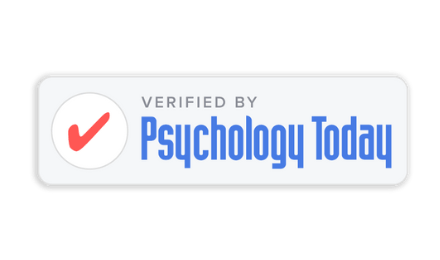Anxiety is a common mental health condition that affects millions of people worldwide. Unfortunately, misconceptions about anxiety often prevail, leading to misunderstandings and stigma surrounding this complex disorder. In this article, we will explore the benefits of addressing and debunking misconceptions about anxiety, highlighting the importance of understanding for mental well-being.
1. Increased Awareness and Education:
By debunking misconceptions about anxiety, we can increase awareness and educate both individuals experiencing anxiety and the general public. Providing accurate information about anxiety helps people understand the nature of the condition, its causes, and the available treatment options. This knowledge promotes empathy, reduces stigma, and encourages individuals to seek appropriate support.
2. Improved Self-Understanding:
Addressing misconceptions about anxiety allows individuals experiencing anxiety to gain a better understanding of their own condition. Recognizing that anxiety is not a character flaw or a sign of weakness, but rather a legitimate medical condition, helps individuals develop self-compassion and acceptance. Understanding the symptoms, triggers, and coping mechanisms associated with anxiety empowers individuals to manage their condition effectively.
3. Encouraging Help-Seeking Behaviour:
Misconceptions about anxiety can discourage individuals from seeking help due to fear of judgment or a belief that they should be able to handle it on their own. By dispelling these misconceptions, we create an environment where seeking help for anxiety is seen as a sign of strength and self-care. This can motivate individuals to reach out to mental health professionals, seek therapy, or explore other appropriate interventions.
4. Promoting Supportive Relationships:
Debunking anxiety misconceptions fosters the development of supportive relationships. Friends, family members, and coworkers who have accurate knowledge about anxiety can provide understanding, empathy, and practical support to individuals who are experiencing anxiety. This support network plays a crucial role in reducing the isolation and stigma often associated with anxiety disorders.
5. Enhancing Workplace Well-being:
Addressing misconceptions about anxiety in the workplace benefits both employees and employers. When employers and colleagues have accurate knowledge about anxiety, they can create a supportive and inclusive work environment. This includes offering flexibility, providing reasonable accommodations, and promoting mental health resources. Such efforts contribute to better employee well-being, increased productivity, and decreased absenteeism related to anxiety.
6. Breaking Down Stigma:
Misconceptions about anxiety contribute to the stigma surrounding mental health conditions. By challenging and debunking these misconceptions, we break down the barriers and prejudices associated with anxiety. This creates a more compassionate and understanding society that supports individuals with anxiety disorders and encourages open conversations about mental health.
7. Empowering Advocacy:
Addressing misconceptions about anxiety empowers individuals to become advocates for mental health. By sharing accurate information and personal experiences, individuals can educate others and challenge misconceptions. This advocacy work helps create a positive impact on society’s perception of anxiety and mental health as a whole.
8. Supporting Early Intervention:
When misconceptions about anxiety are debunked, individuals are more likely to recognize symptoms in themselves or others. This recognition can prompt early intervention, leading to timely treatment and support. Early intervention is key to preventing the exacerbation of anxiety symptoms, reducing the impact on daily functioning, and improving overall mental well-being.
Debunking misconceptions about anxiety is crucial for fostering understanding, promoting empathy, and supporting individuals experiencing anxiety disorders. By increasing awareness, improving self-understanding, encouraging help-seeking behaviour, promoting supportive relationships, enhancing workplace well-being, breaking down stigma, empowering advocacy, and supporting early intervention, we create a society that is better equipped to address and support those affected by anxiety. Let us challenge misconceptions, embrace accurate knowledge, and work towards a world where mental well-being is prioritized and understood.








